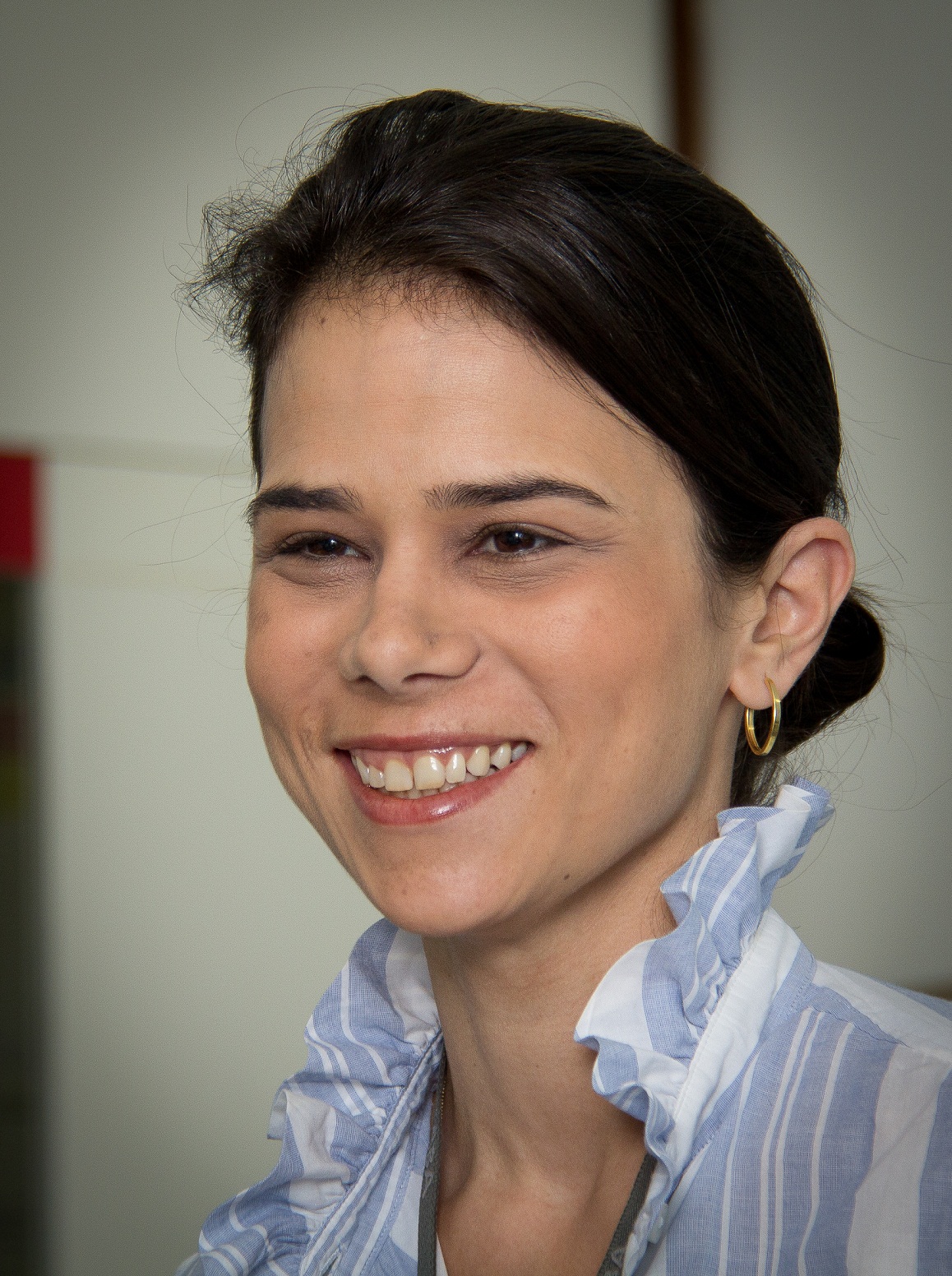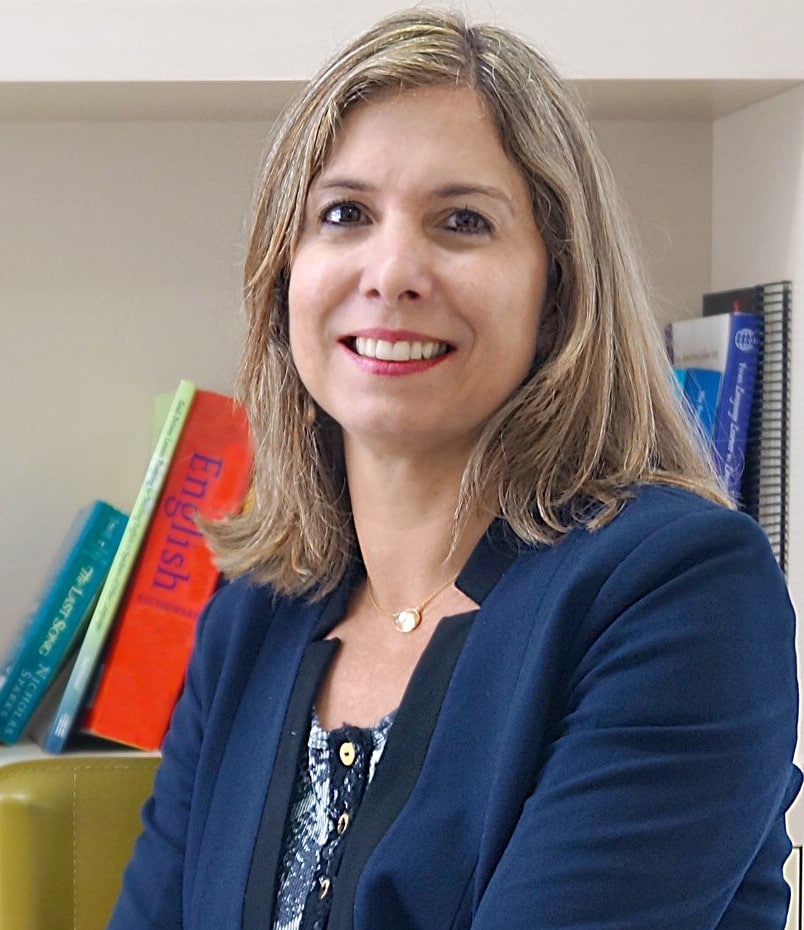Hi! I’m Cecilia, and I am a Bilingual Teacher of English
Last month I was very fortunate to be able to attend the 50th IATEFL International Conference in Birmingham, the UK.
As most it usually happens when it comes to conferences, it was possible to “catch” a few issues / topics that stood out in the conference – because of plenaries, sessions or just the talk between sessions and at the social events at the end of the each day. This year, at least for me, there were two big issues that stood out: gender / sexual bias and the NEST x NNEST dichotomy.
The gender issue could be found in a number of sessions (all which I attended were packed and some had their limit of seats not being able to accommodate everyone who wished to attend the session. They ranged from gender prejudice in coursebooks to how to deal with LGBT in the classroom.
In this post, I’ll focus on the latter, since it was the one which had the biggest impact on me. To begin with, I was taken by Silvana Richardson’s plenary on the second day. She made a beautiful job in presenting her “case” in both an emotional way, touching very deep in the hearts of English teachers who didn’t happen to be born in an English-speaking country (like me and the other 80% of English teachers around the world); as well as presenting enough data and research to fundament what she was saying.
The main message that stayed with me in the end (and I was in tears at the end), I’d like to highlight a couple. First, the fact that we continuously choose to refer to ourselves as NON-native Speakers of the language we teach. Why do we continue to use a negative way to describe ourselves? We don’t say we are non-tall, or non-single. So why should the place we were born as a “negative” reference? Many English teachers are as fluent – sometimes even more fluent and eloquent in English than we are in our own mother tongue.
Secondly, we many times forget to focus on the advantages being a former learner of the language we now teach. We have been through the whole process and we have crossed the barriers. We can better predict the difficulties our learners will come across (most bilingual teachers work in a monolingual setting, usually one where their first language is the one spoken by learners. And the most important argument in this (at least for me): we are the best models our students can have. We were born in the same country, with the same mother tongue and yet, we are fluent in English. It IS achievable.
So many times I have seen other teachers (and felt as a teacher myself) inferior than people born in English-speaking countries. I now don’t.
I am VERY proud to be a bilingual English teacher, all I have accomplished and all I have to offer to my students. I hope more and more people can see it too.




